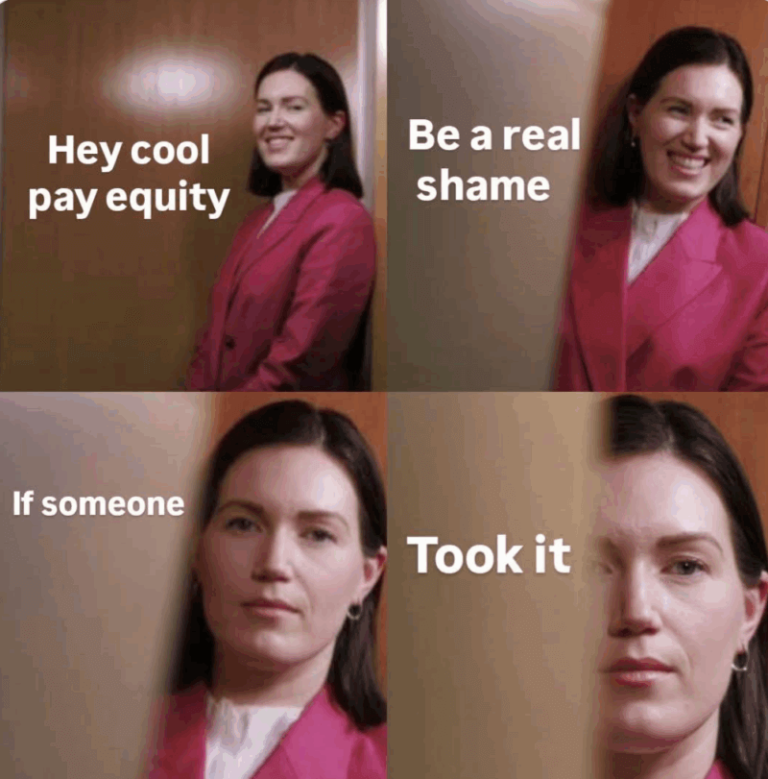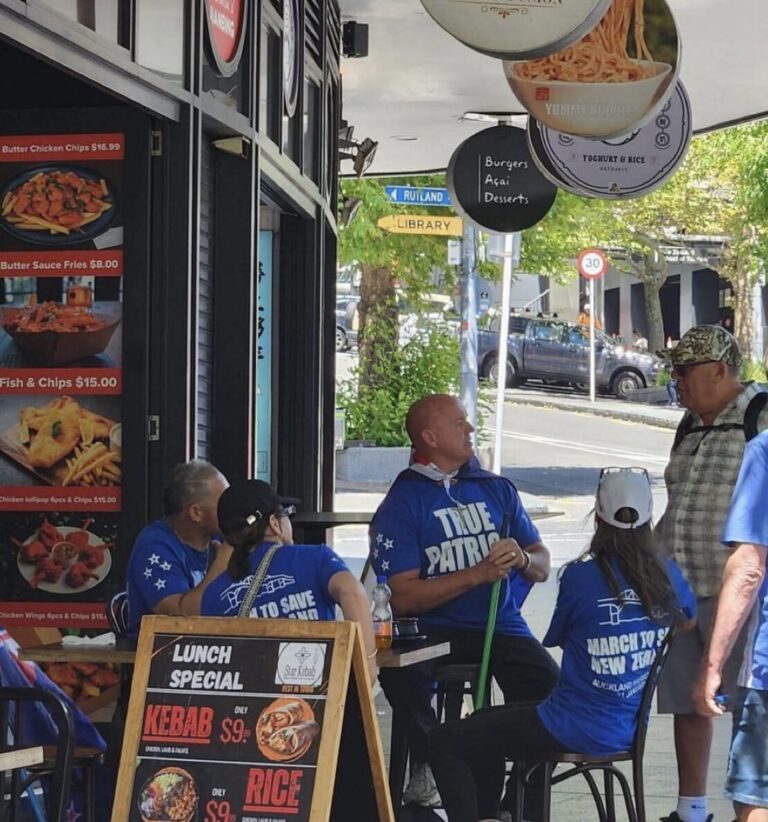Budget fallout – Child poverty was once at the heart of this government
Without a shred of empathy or appreciation for what it means Budget 2020 says—
- “[Child Poverty] Rates on measures of low income with a fixed threshold are expected to increase”. And
- “On measures of material hardship, rates are expected to rise sharply, as previous New Zealand experience suggests that these rates are particularly sensitive to economic changes.
Does child poverty now not matter? Why, since the problem was so clearly identified was it then ignored? And of course, these children live in families with adults who are also impoverished- so does that not matter either?
Adults of working age, especially in tourism and hospitality, but widespread across the economy, will bear the brunt of the economic fall-out. Children in low-income or benefit dependent families will be pushed even further into poverty that will stunt their life chances and damage the recovery and social cohesion for decades to come.
Yes, the budget had to protect jobs and employment as a priority, but many firms will not survive the enhanced wage subsidy period and nor should they if they are not well suited to the post covid world. We won’t need nearly as many cafes and restaurants without the same numbers of tourists for example. With unemployment forecast to rise to around 10% it is inevitable that tens of thousands more will need to access the run-down welfare system. While optimistic projections see unemployment quickly reversing in a V-shaped recovery, it is hard to share that optimism.
Benefit levels are far below the poverty line so that means-tested supplementary hardship payments will soar, but the newly unemployed will have to be really poor to qualify. All the special needs grants, the accommodation supplement and recoverable assistance are means-tested and further lock families into the poverty trap. These expenditures are projected to grow 40% to $3.72 billion by 2024. Low income families in and out of benefits and casual work in the protracted recession will see their balance sheets rapidly eroded and many may never recover.
I see no evidence in this budget that the costs of COVID-19 will be shared fairly. Throwing a few million at foodbanks is a band aid that dangerously normalises private charity as the answer. The demands on budgeting services are already at breaking point. It will be a shocking winter.
Older people have had no reduction in their NZ super payments and will get the doubled winter energy payments whether they need it or not. They have been protected health wise in this pandemic and while their investment income may drop, many will find themselves better off from two months of reduced spending.
It is doubly tiresome that $10 billion will be allocated to the New Zealand Super fund over the next four years when Government couldn’t find even the $0.5 Billion necessary to fix the discrimination against poor children in Working for Families. Why borrow more to put money into a treasure chest today for a far-off time when that money is needed so desperately today?
The pre-budget announcement removed the need to satisfy the hours test for the In Work Tax Credit (IWTC) BUT it is only for “working” families who are not receiving a main benefit and have some level of employment income each week or the wage subsidy. Thus, there will now be the ‘deserving’ and ‘undeserving’ unemployed: some whose children will retain the IWTC and some who won’t even though both have income support payments from the state. This adds yet another layer of discrimination that offends child rights.
Worse still, a penny-pinching mentality is displayed when the budget says the change to the In Work Tax Credit will cost “an additional $128 million over four years”. It looks like they are trying to take credit for their ‘generosity’. This is a false way to cost this policy as the ‘deserving’ unemployed should always have been allowed to keep their child payments regardless of losing hours of work.
Astonishing for a government that cares about children it continues to penalise poor children in order to provide a neoliberal work incentive in a pandemic recession. When the ‘deserving’ families lose their wage subsidy and have to go onto a benefit, the payment to the caregiver FOR THE CHILDREN falls by the IWTC amount of $72.50 a week. This penalty applies even if they end up with part-time hours of work. Thus Working for Families is hardly a secure cushion to protect children. Shame on Labour.
Budget 2020 should have corrected this policy and enabled all families on low incomes whether on benefits or not to have the full Working for Families package.







There is no poverty in NZ Inc, I suppose, not now.
Thanks to COVID19 Jacinda can forget all other issues.
Add the many who never got a 25 dollar increase as of 1 April as their TAS or SB was cut.
I suggest the government policy should be called mean-tested to express correctly what is going on with welfare, an outdated word in the shrivelled minds of the mummies who have arisen from the depths dating back to Big Depression days and walk like zombies whose touch causes ‘welfare clients’ to cry. Not welfare – but farewell in the ‘you’re out of the system buddy’ meaning.
I have enormous respect for the work you do Susan St John. I wish our government would take notice of what you say. Personally, I come under the aged who have spent less under lockdown although I shop frugally in normal times. I saved hard for retirement, but most of that went on needy children eg the ChCh earthquake took its toll on one son and his family. I was worried about electricity prices once I retired and appreciate the government support for this. However, my circumstances are comfortable compared with those in poverty, long term or newly relegated. I donated to the Sally Army charity started to alleviate the poor. This is really an insult to the poor when they need their share of the economy so they can live in dignity meeting their needs. I told myself that the charity was an embarassement to the government. More likely it gets the government off the hook to set up the necessities for a decent society. We need to direct our energies into overturning this system that looks to a parliamentary solution.We should set up a socialist society where people take control over the economy, over the elites/capitalists who put their own interests first.
Janio I applaud your actions. The criticism of the WEP is not that it is given to low income superannuitants who will benefit from it but that the rich get it also and wont even notice they have it— its is not even taxable. If it was an opt in- anyone who wanted it could have it but about $400m would be saved.
Here is one problem that is never mentioned in the discussion re welfare.
Questions to be asked while unemployed re funding of medicines and healthcare add them here to add them to a possible survey.
This is why I say only targeting medicines funding is only HALF OF THE MEDICINES FUNDING PROBLEM.
This is why I say we need a MULTI TARGETED APPROACH.
I would not be surprised one bit if half the unemployed are people in a relationship WHO CANNOT GET A BENEFIT of any sort including the supported living payment.
Due to the restrictions in place which allows you to have or not have the slp or Jobseekers.
How many of them are unable to buy all their meds every week or even the doctor or xray or whatever that had to be paid for that you would get paid for if you were under ACC care or benefit because of not enough money.
This discrimination due to relationship status has to be brought to an end.
In my opinion it is a breach of Article 25 of the Un Human Rights Act .
Denial of healthcare and welfare due to economic status.
We hear of chemists saying all the time of people not being able to afford even funded meds let alone unfunded meds.
Then we have the waiting lists to get into the hospitals etc.
I my opinion we need to start the discussion to turn ACC into a full blown MEDICARE AGENCY that covers ALL LONG TERM ILLNESSES no matter how they are occured.
I suggest we get a survey done and measure the following.
1 what % of the population is in a relationship with a long term illness .
2 what % of the population that is in a relationship is having trouble funding funded meds ( Not all towns have a countdown or Bargain Chemist with free prescriptions).
3 what % of the population that is in a relationship is having trouble funding unfunded meds.
4 what % of the population that is in a relationship has applied for a Pharmac statutory authority and been refused funding.
5 of that % of the population that have applied for a statutory application How many applications in total has their doctor applied for and been refused.
6 How many people with long term illnesses have been refused the supported living payment benefit.
7 How many people with long term illnesses have been refused the Jobseekers benefit.
8 How many people with a long term illness that’s not recognised as a “long term illness” have been refused an SLP or Jobseekers benefit.
Lets face it all winz benefits for anyone with a long term illness are inadequate anyway.
They are nowhere near enough to pay for your medicines as they only pay a %.
The disability allowance was originally intend only to pay for travel to your doctors and doctors fee’s it was never intended to pay for Medicines.
Even if you make a statutory application to Pharmac to get a med funded there is absolutely no guarantee you will be funded no matter how many applications your Doctor or specialist makes.
So what does everyone think.
LETS CHANGE THE NARRATIVE !!!!!!!
Any other questions you can think of we should ask ?
THIS IS ANOTHER PRONG TO BE USED IN THE TOTAL ABANDONMENT OF THE RELATIONSHIPS RULE and to get long term illnesses and medicines funded and POVERTY ERADICATED.
IT IS TIME TO STOP BEING NICE.
Elephant in the woke room, many of the cafe/tourist/supermarket low income jobs were ‘ghost’ jobs before Covid. The wage subsidy is just keeping many industries going that are going to fail anyway and were never viable in the first place but for residency points, and the scams were already making NZ go broke and putting others out of business. Government money should be to help NZ citizens and children get out of poverty and the non NZ citizens wanting NZ benefits should be turning to their own countries for help.
NZ has become full of ponzi’s by importing in workers with practically zero prospects in NZ due to zero English or real skills which funny enough makes them hard to employ for a decent employer not an exploiter who wants that, and allowing foreign students to stay in NZ for years post ‘diploma’ led by all the pro migrant lobby groups. The migrants were then allowed to bring their spouse, aged parents and kids over while also having kids in NZ on the back of a flakey diploma or degree and being unemployed or a low wage job like a “manager” of a retail or supermarket position …. now crying all over the media, and demanding though massive lobby groups, NZ keep supporting them, as the wheels start flying off the ponzi. Actually it’s not the migrants themselves complaining in most cases, it’s actually the parasitic immigration industry than is making money out of the NZ visa scams, and don’t want the millions they are making, to disappear.
Many of the employers have multiple businesses employing multiple migrants and now crying for help. Well you have to wonder why people have so many different companies with low wage workers rather than concentrating on just one business idea and getting it profitable.
Wake up. NZ is too small to keep supporting the ponzi ghost jobs, sunset industries and the world’s poverty employees forever. Increasingly the NZ kids are the ones suffering the most and all the resources are being siphoned off by other people’s nationals for other people’s nationals who tend not to be poor at all. The amount of diversity grants and roles alone, is astonishing. Melissa Lee types, eat your heart out.
We now have different migrant groups fighting over premium roles, aka the human rights commission https://www.stuff.co.nz/national/114142328/race-relations-commissioner-announced-as-meng-foon, while once in, seems to have a clear agenda, aka out of 250 complaints during covid, approx 24 were Asian race related which is all the media focused on, (so what about the other 226 complains, most of them not race related (age, gender etc, who knows, because they are only cherry picking their own special interests) and no special hot line for the other 226 human rights complaints or any information about them. https://www.tvnz.co.nz/one-news/new-zealand/pandemic-triggers-spike-in-racism-nz-unnecessary-blame-game-human-rights-commission
The best thing for NZ to do is get everyone who is on a temp visa permit to go home which is completely legal and within their rights if a person’s circumstances change. NZ can not keep adding more benefits for more low skilled, low paid, criminally minded, or income less migrants each year, on top of the massive amount of local poverty than has been increasing due to the astonishingly low wages offered in NZ. We don’t even have enough water in Auckland anymore, let alone the social housing which we have been waiting for 11 years for.
You are better off on a benefit than working these days. Beneficiaries I know are enjoying the double winter payment grant of an extra $100p/w, the accomodation benefit which mostly pays the rent, and have a lot less expenses than if they work. I’m not suggesting it is easy to be on a benefit, but am suggesting that standards have dropped below benefits for many working poor with income stability due to the shear amounts of low paid, part time, contact and gig jobs that increasingly NZ work force has become.
Entire industries are being blown into poverty rates aka Chorus workers when over 90% of them were paid below the minimum wage when the labour inspectorate called. Once upon a time it used to be a solid blue collar job in NZ. Likewise the bus drivers which is apparently now a job of last resort. They can’t get locals because the wages work out less than benefits with all the mucking around.
“They are us ” obviously did not apply to the benefituries or their children.
The budget gave money to the food banks so the humiliated poor could line up for a handout rather than an increase so they had a hand up .
I read many comments about how tough National were on benefituries and in some cases I agree but the same writers are very quite at the moment .
Are you accusing me or anyone else of taking it easy on Labour? I can assure you that if any of our own was to fail that I would be extra hard on them.
I do remember asking the same sort of thing when National and Key ran the slogan, “A Better Future”.
The question I asked was “for who”?
And the bottom line for all poverty and well-being in this country is rent. Rent. Rent. Rent. About which nothing meaningful is being done.
Yes that too.